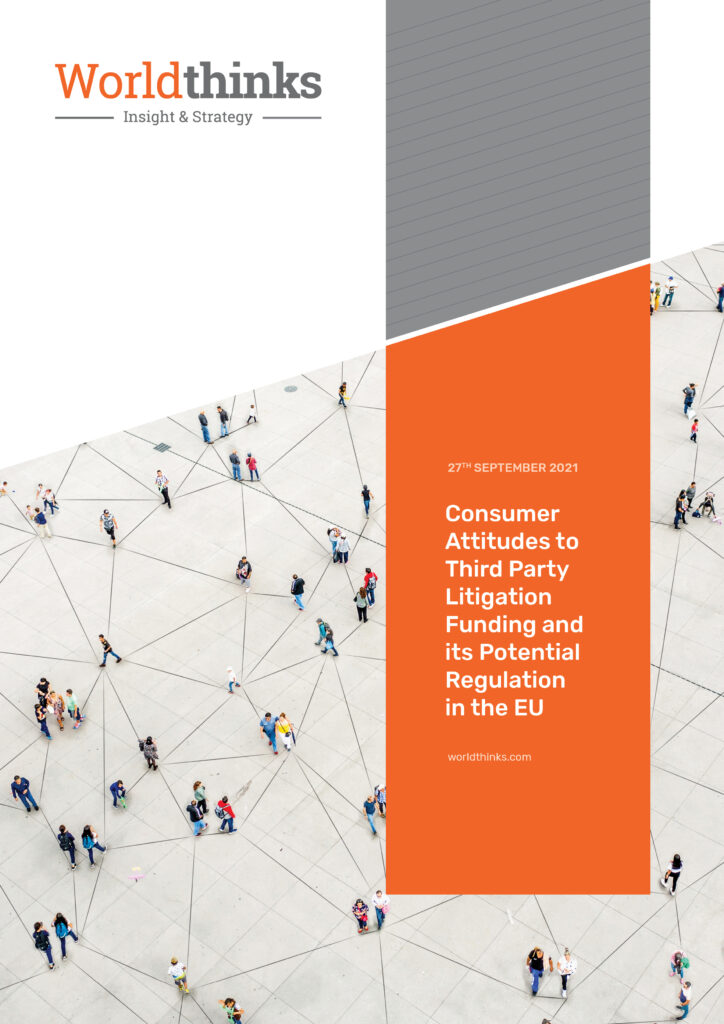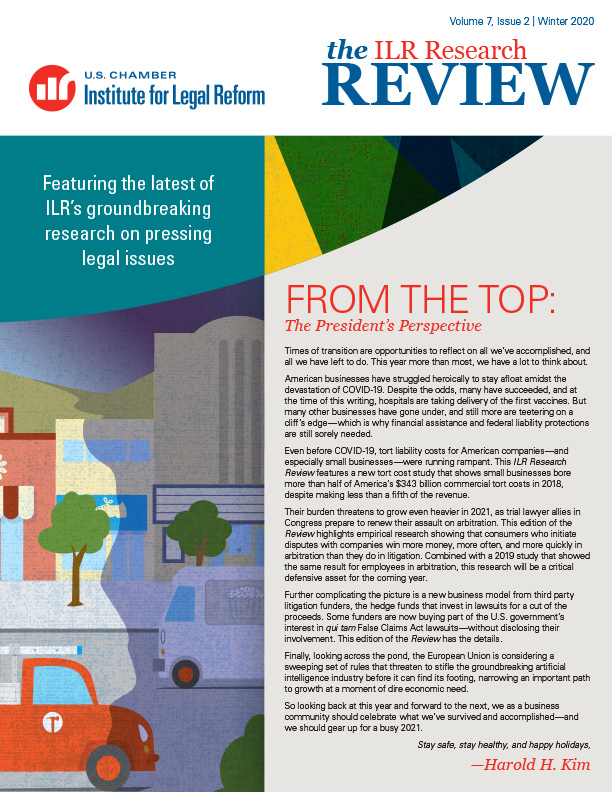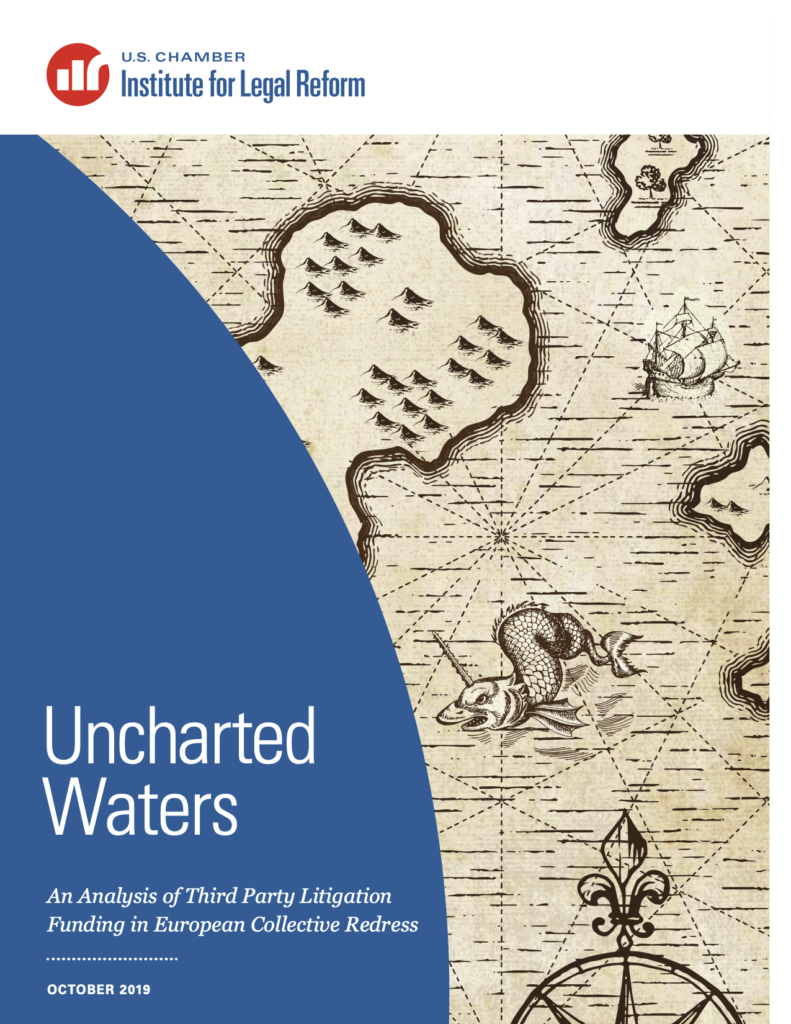OVERVIEW
This memorandum provides a detailed overview of the collective redress landscape in the Netherlands.
Section I discusses the various mechanisms and court procedures that are being used for collective actions in the Netherlands, including claims bundling, collective actions by foundations or associations representing multiple parties (which are currently permitted for all types of court claims except damages), and the Dutch Act on Collective Settlements of Mass Claims (Wet Collectieve Afhandeling Massaschade, hereafter “WCAM”).
Section I also discusses several pending initiatives. One initiative that could have a significant impact on the litigation landscape in the Netherlands is a recent motion adopted by the Second Chamber of the Dutch parliament (the “Motie Dijksma”) which proposes to enable foundations and associations to lodge mass damages claims. Amendments to the WCAM have also been proposed.
Section II addresses the issue of “Forum Shopping” and discusses recent WCAM mass settlement agreements that were declared binding by the Amsterdam Appeals Court vis-à-vis companies and individuals not domiciled in the Netherlands (including the Shell case). The most significant WCAM case, so far, is the Converium case, where on January 17, 2012 the Amsterdam Appeals Court assumed wide jurisdiction over worldwide1 mass settlement cases.
Section III discusses costs and funding issues. While contingency fees are prohibited in the Netherlands, the use of “Third Party Litigation Funding” is unrestricted, including in collective proceedings.
Finally, we conclude in Section IV that the landscape for collective redress in the Netherlands is quickly evolving and identify the main issues that are likely to require attention in order to manage the risk of lawsuit abuse.
1. Excluding U.S. residents.
View PDF


